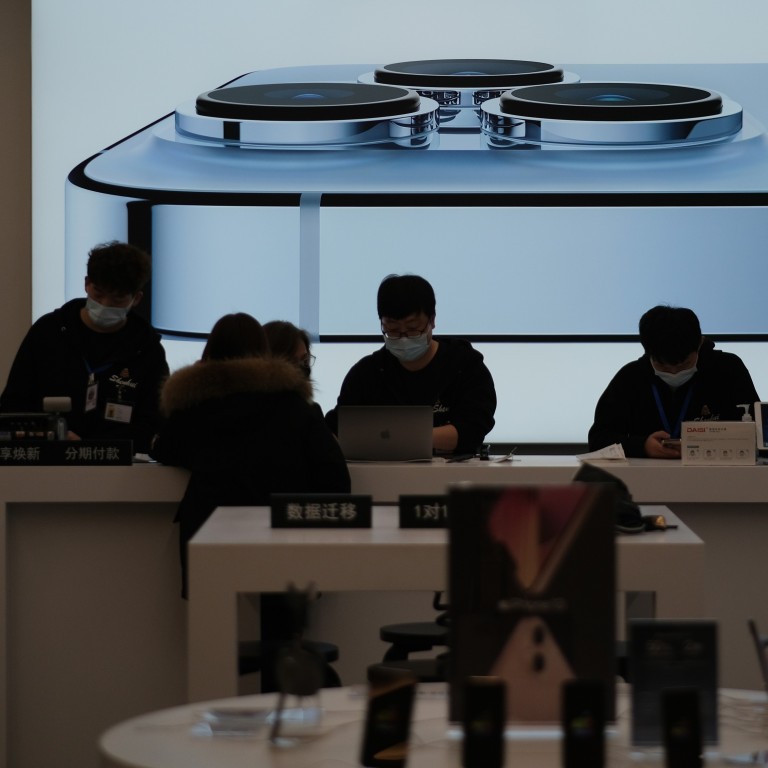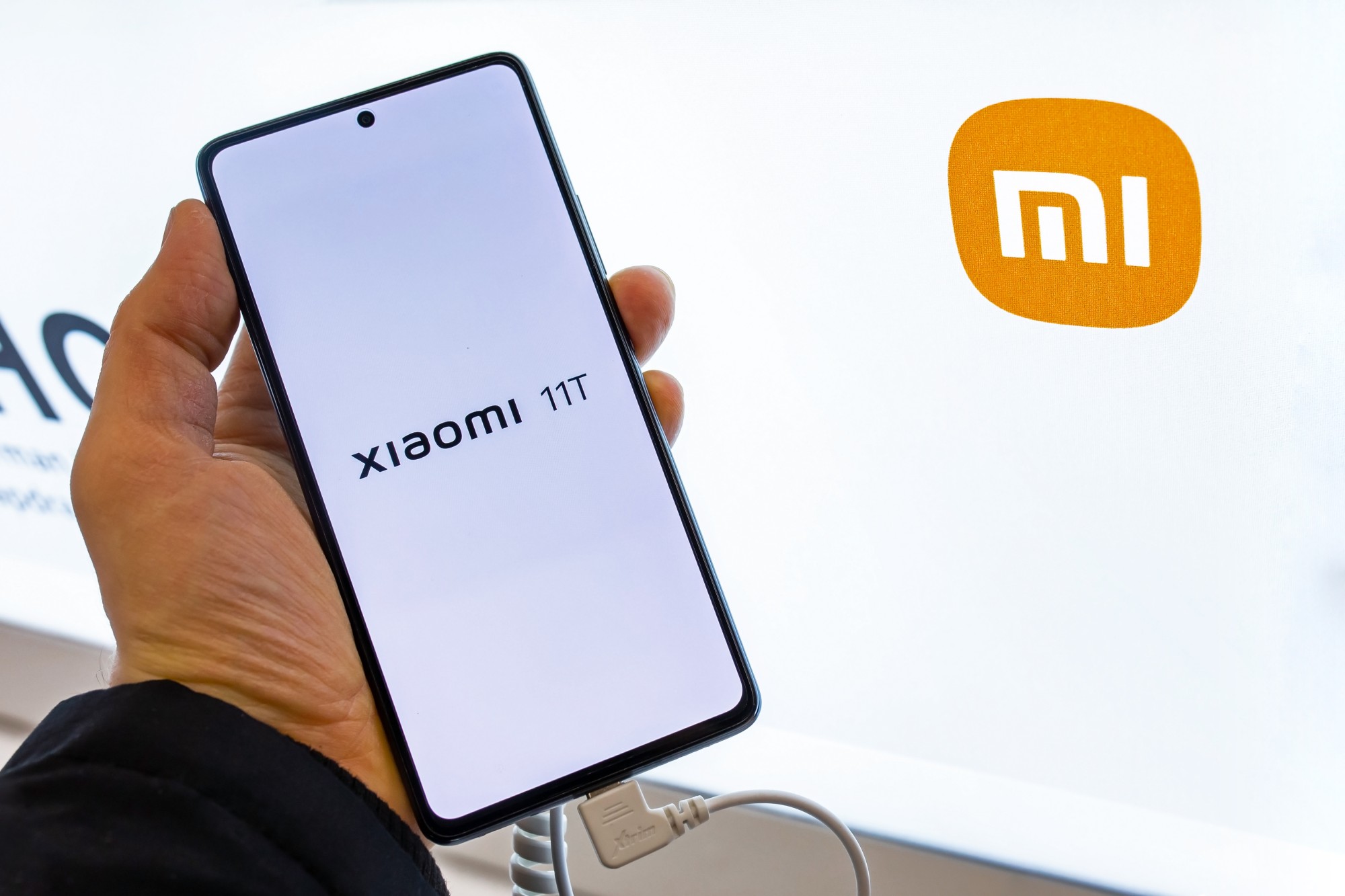
Global smartphone shipments record sharpest decline since the Covid-19 outbreak, eroding major Chinese vendors’ market share
- Major Chinese smartphone vendors Xiaomi, Oppo and Vivo each lost market share in the first quarter, while Samsung and Apple extended their global lead
- Smartphone shipments fell 11 per cent last quarter because of economic headwinds and sluggish seasonal demand
Smartphone shipments fell 11 per cent last quarter because of broad market uncertainty, according to a report on Tuesday by tech research firm Canalys, which did not provide volume numbers. That compares to the 13 per cent year-on-year drop to 272 million units in the first quarter of 2020, when disruptions caused by the pandemic wreaked havoc on worldwide smartphone demand.

Xiaomi, Oppo and Vivo had first-quarter market shares of 13 per cent, 10 per cent and 8 per cent, respectively. Samsung, with a market-leading 24 per cent share, unseated Apple last quarter as the world’s biggest smartphone vendor. Apple, which topped the global rankings in the December quarter, had an 18 per cent market share.
A slowdown in China has magnified the issue of finding an adequate supply of components for the country’s leading domestic smartphone brands. That is especially true for Oppo and Vivo, which shipped up to 70 per cent of their smartphones to their home market, according to Peng of Canalys.
“The good news is that the painful component shortages might improve sooner than expected, which will certainly help relieve cost pressures,” she said.
China’s top smartphone vendors, however, must also contend with a long-standing adversary in their home market, Apple.
Areas near major iPhone plant in China under lockdown in Zhengzhou
Still, Apple’s supply chain on the mainland could face extended disruptions caused by the Chinese government’s strict Covid-19 control measures. Local government authorities in Zhengzhou, capital of central Henan province, recently decided to place some areas in the Zhengzhou Airport Economy Zone under quarantine.


